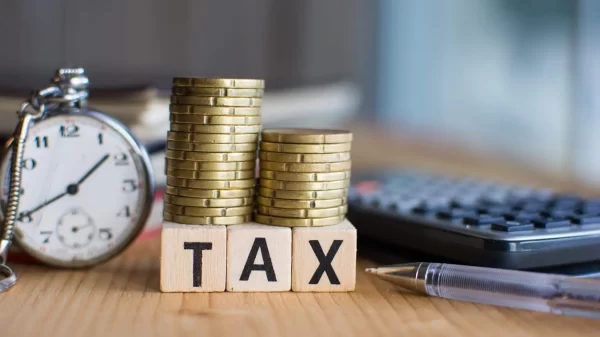By Brandon Moseley
Alabama Political Reporter
The Alabama House of Representatives voted to pass a 2.5 percent across-the-board pay raise for all current education employees.
The bill, House Bill 174, was sponsored by House Ways and Means Committee Chairman Bill Poole, R-Tuscaloosa.
Everyone supported the bill to give the teachers and state employees a pay raise but some legislators felt that the raise should have bigger and that the Legislature should try to fund a way to get a bonus check for the state’s education retirees.
State Rep. Craig Ford, D-Gadsden, said that there are 90,000 education retirees. Giving all of them a $400 would cost $36 million.
“I know there are places in this budget where we could find $30 to $38 million if we put our heads together,” Ford said.
“We are still ranked on the bottom when it comes to paying educators,” state Rep. Thomas Jackson, D-Thomasville, said. “Our educators deserve a little more than an insult of 2.5 percent pay increase when there is money just sitting there in the rolling reserve. Georgia, Tennessee, and Florida can reach across that line and get our teachers to go there.”
“You have got to have a heart for education,” Jackson said. “We want to improve the quality of education so we have got to give incentives to get people to become educators.”
Poole said that the 2.5 percent raise has a cost of $90 million. The $90 million aligns with the Teacher’s Retirement System’s request.
“Salaries including benefits are very competitive across the southeast region and this budget invests in classroom supplies in a manner that helps teachers,” Poole said.
State Rep. Terri Collins, R-Decatur, told Chairman Poole, “I appreciate you. You don’t just tell people what they want to hear but you include perspective to answer the question telling them the truth.”
State Rep. John Knight, D-Montgomery, asked if Poole would accept a substitute amendment increasing the pay raise by another 2.5 percent.
“We have things bottom up in this country,” State Rep. Artis McCampbell, D-Livingston, said. “We pay engineers, accountants, and financial advisors a huge amount of money but we don’t pay the people who gave them that education. We need to take a long term look at this situation and start trying to bring our educators not up to a southeast average or even to a national level; but to a level that will attract young people to the field. I am going to ask your for the next four years if you are still in this position to look at a plan where we are honestly attracting people to this field.”
Poole, while agreeing with the sentiment, said an increase needed to be done in a “sustainable responsible manner.”
“We offer these incentives to lure these employers but we don’t want to spend money on education to educate our kids to do these jobs,” Jackson said.
State Representative Laura Hall, D-Huntsville, said, “Tennessee has proposed a four percent pay raise. I am right by the line. That is an incentive for an individual to leave this state to benefit themselves.”
“If we are going to be competitive, we have got to take care of our teachers and public education employees,” Knight said.
The bill passed 100-0.
The bill now moves to the state Senate for their consideration.
Poole said that the Senate is considering a bill that would give education retirees a one-time bonus, but it is too early to comment until they have seen that.




















































